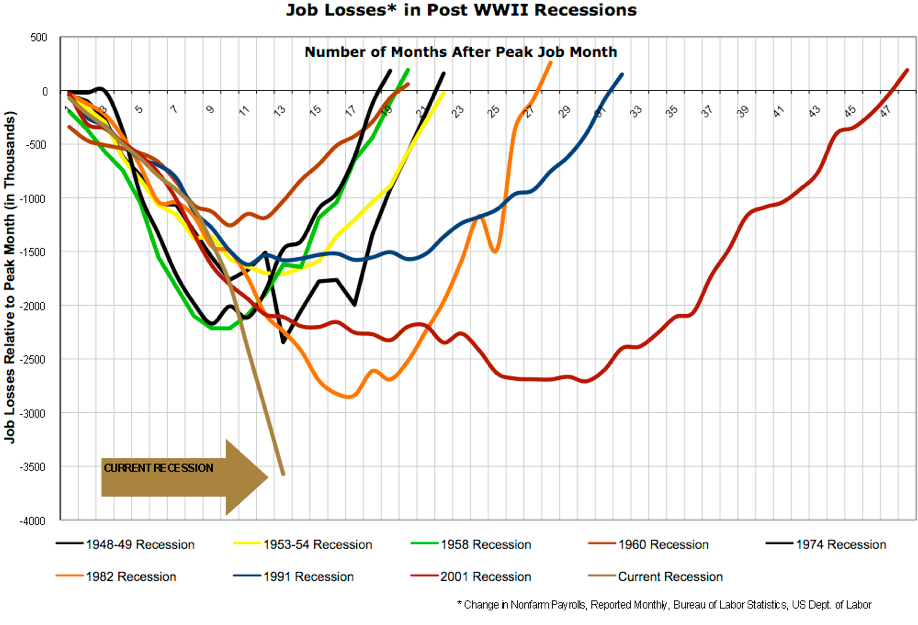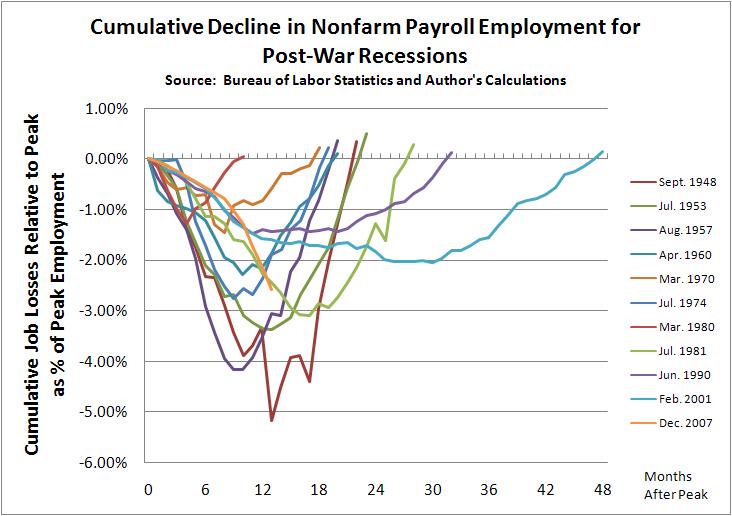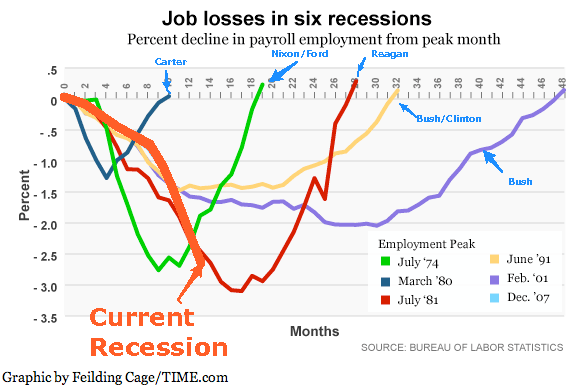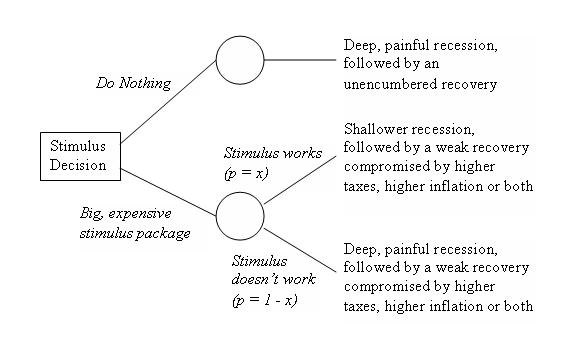Brad DeLong has written a pretty interesting piece on his reminiscences of the health care battles of the mid nineties. As Mr DeLong tells it, there was never any hope of getting a Democratic plan through the Senate. Key Democratic Senators weren’t going to let a “hick from Arkansas” push through health reform. Even a reform they might otherwise support (charming).
All hope actually rested on an eventual compromise coauthored with Bob Dole. Apparently, this plan was sabotaged by “Gingrich and company”, who allegedly made opposition to any Clinton health plan a condition of supporting Mr Dole’s presidential aspirations.
The moral according to Mr DeLong is:
I have drawn what I think are appropriate lessons from it. First, Democratic senators do themselves no good either in the next world or in this when they block sensible initiatives from Democratic presidents. (But what lessons are Democrats Landrieu, Nelson, and Lincoln drawing?) Second, Republican senators do themselves no good either in this world or in the next when they block sensible initiatives from Democratic presidents. (But what lessons are Republicans Grassley, Voinovich, and Hatch drawing?)
I don’t know how accurate Mr DeLong’s recollections are, however his conclusions are a little iffy.
On the subject of Democratic Senators Mr DeLong may have at least half a point. All elected Democrat’s have a vested interest in making the President appear successful. Perceptions of how the President is doing will inevitably hang over every race in the coming mid-term elections. On the other hand, getting the President’s bills passed is hardly a guarantee of electoral success. The Democrats may well have lost control of Congress in 1994 even if they had passed health care reform.
Regardless, the situation in 2010 will be very different from 1994. The 1994 election was a decisive swing against a decades long Democratic majority that resulted in Republicans picking up many marginal or even liberal leaning seats. The 2010 election will probably be more like 1996, 1998 and 2000 when the Democrats picked up seats as the Republican tide ebbed.
This time around disgust with the Bush administration resulted in a Democratic flood in 2008. With the focus of anti-Republican feeling long gone, this tide too will begin ebb. The marginal Democrats who survive 2010 may well be the ones who recognize that the President is rather more liberal than their constituents and vote accordingly.
On the subject of Republican Senators, my guess is that they are drawing conclusions exactly opposite to what Mr DeLong would prefer. By Mr DeLong’s own admission, the real political winners in the health care struggles of the early nineties were the Republicans who led the charge against ‘Hillarycare’.




